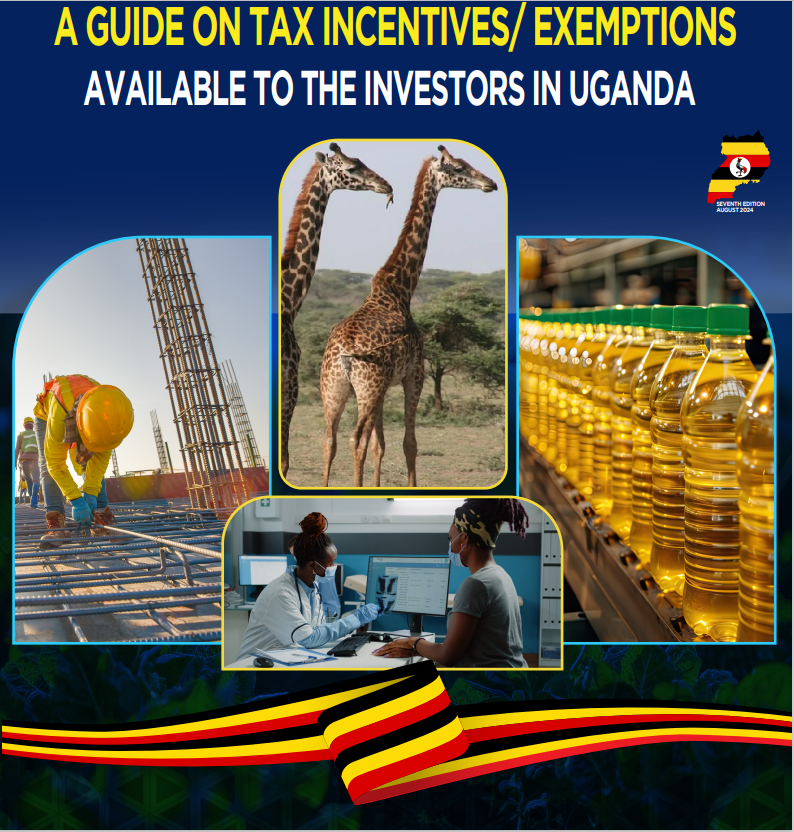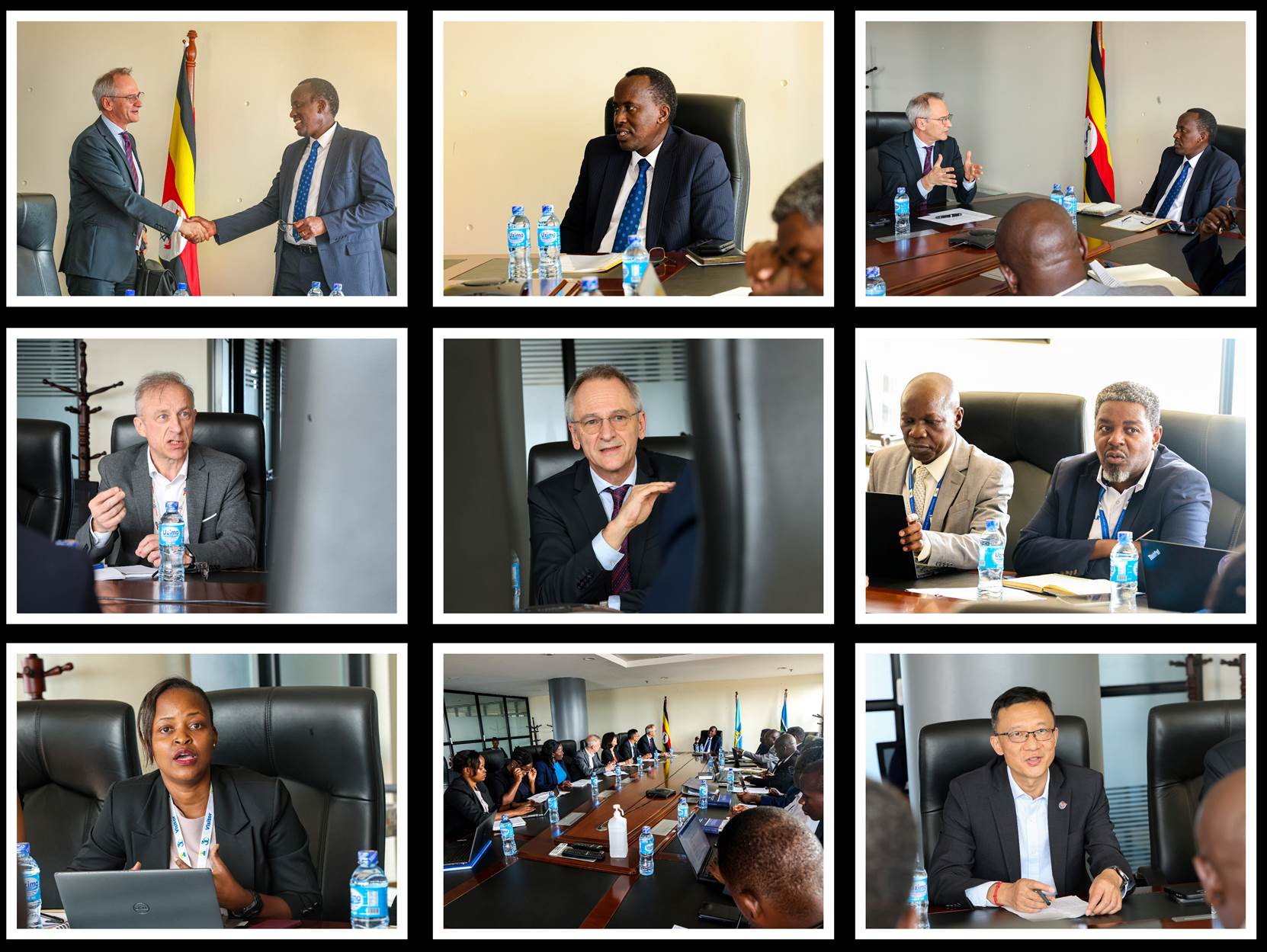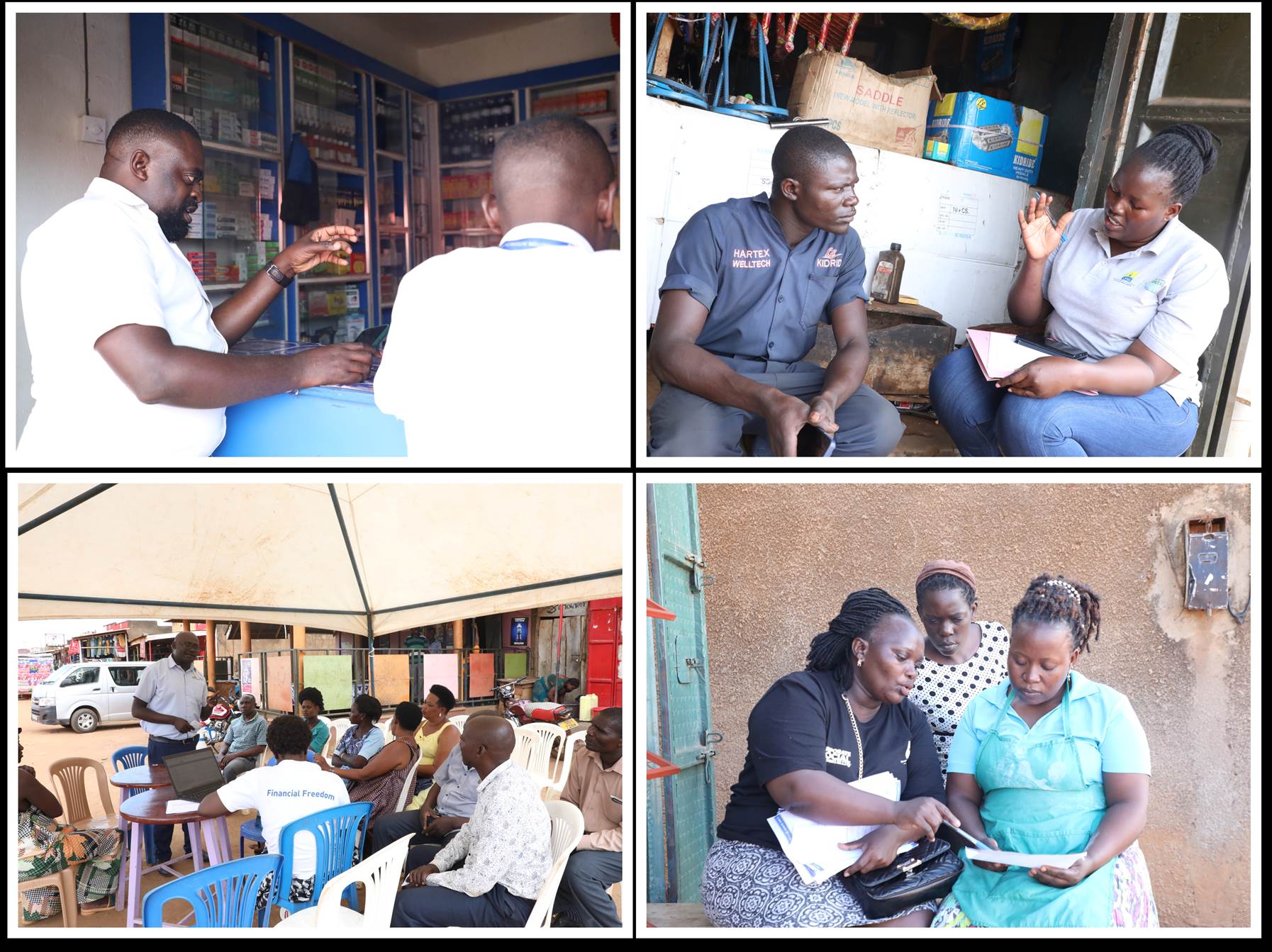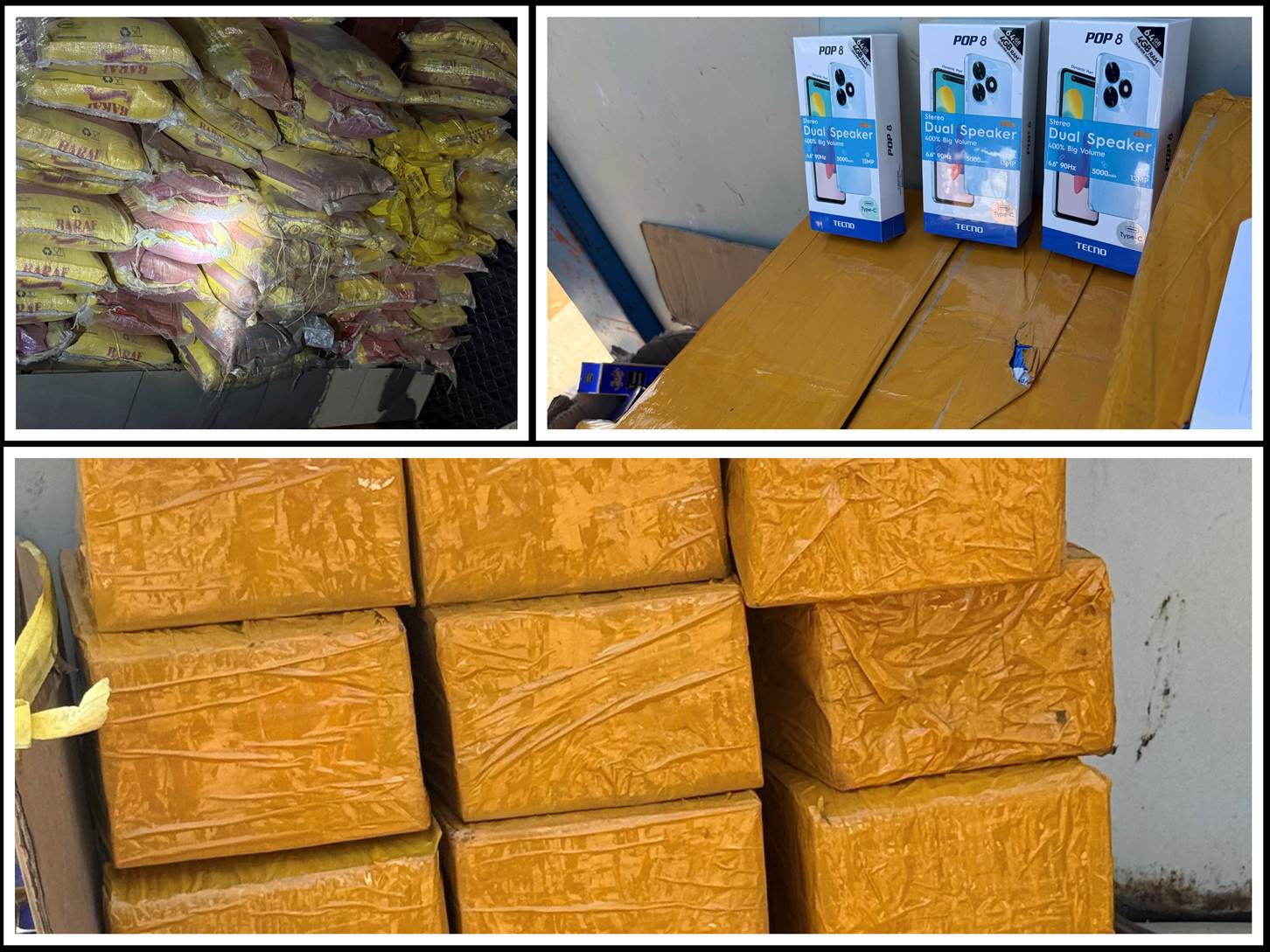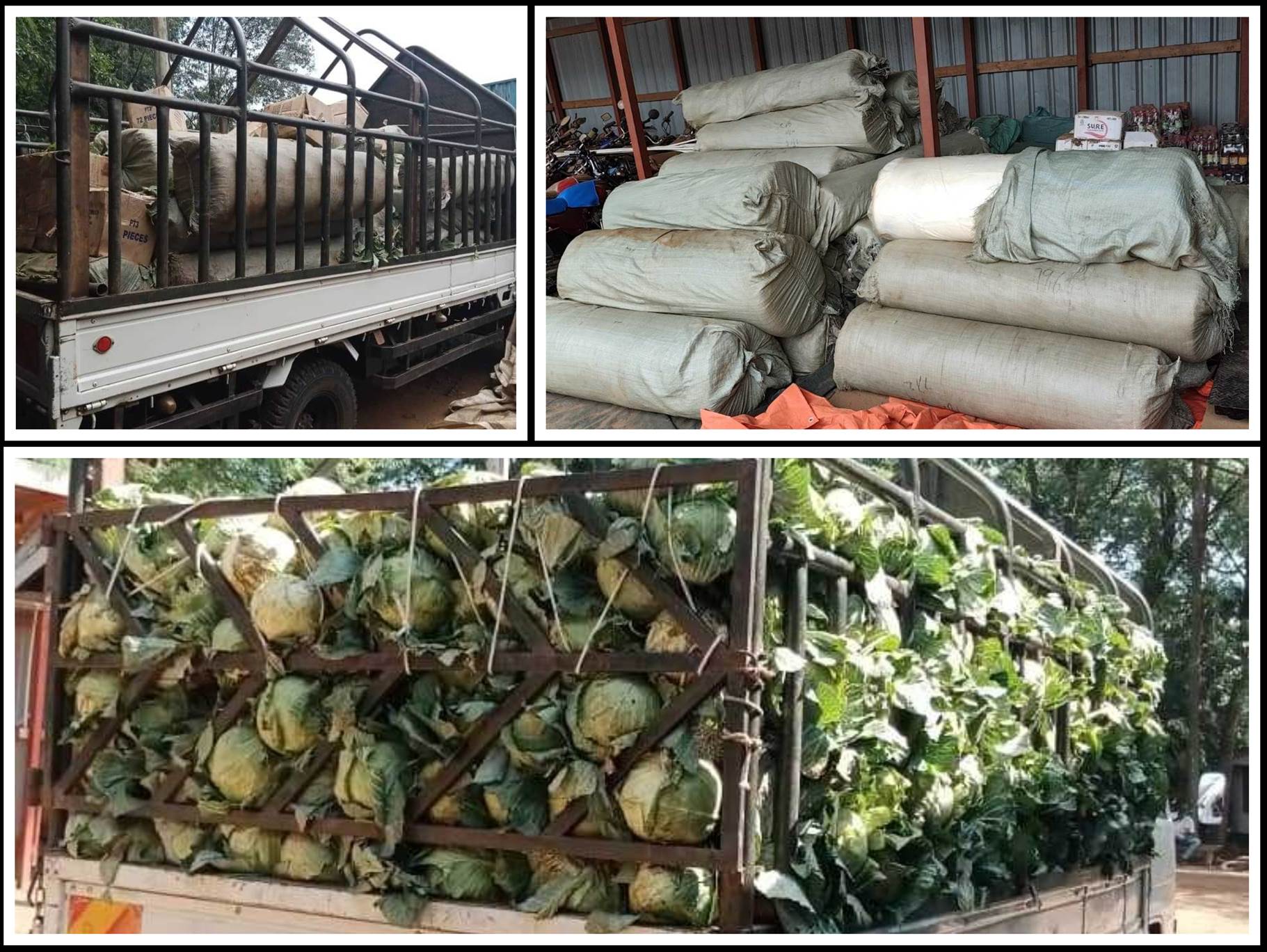By Joshua Niyonshima
In a move to revolutionize Uganda’s agricultural sector, the government has introduced a comprehensive set of tax and non-tax incentives. This initiative aims to modernize farming practices, increase production and transform Uganda into an upper-middle-income country by 2040, as outlined in the national Vision 2040 plan.
The Uganda Revenue Authority (URA) has detailed various exemptions that benefit critical agricultural inputs, including animal feeds, veterinary goods, unprocessed agricultural products and agricultural machinery which are now VAT-exempt. Additionally, essential supplies such as fertilizers, pesticides, and irrigation equipment are either zero-rated or exempt from all taxes when imported by those engaged in agricultural activities.
URA Commissioner General, John Rujoki Musinguzi has emphasized that by removing these tax barriers, the government is supporting farmers and making the agricultural sector more competitive. This initiative aligns with URA ‘s commitment to create a friendly investment climate that attracts both local and foreign investments.
The government’s strategy also extends beyond agriculture, offering tax incentives to mining and petroleum operators, exporters of finished goods, and operators within industrial parks.
By implementing these tax incentives, Uganda also aims to stimulate economic activities in key sectors that attract local and foreign investments to achieve its vision of becoming an upper-middle-income country by 2040.
For more details on these tax incentives, please visit URA’s Tax Incentive Guide.


